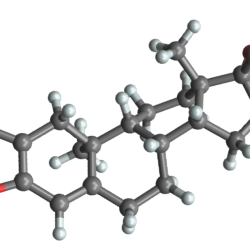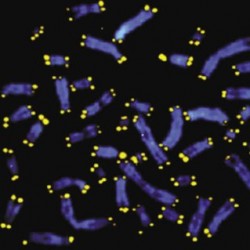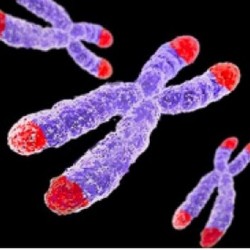Telomere testing just got easier
Dyskeratosis Congenita (DC) and other Telomere Biology Disorders result in premature shortening of the telomeres and tests for telomere length are important to make a diagnosis. Accurate telomere length testing can be difficult, but scientists are making promising advances in this area. Researchers at Cardiff University and Queen Mary University of London have developed a[…]









